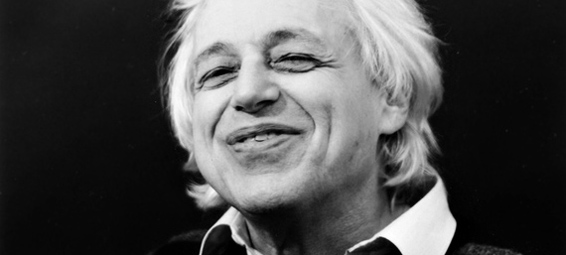Two of the area’s major performing arts groups are achieving high scores in the all-important area of introducing new repertoire to area audiences . The Dallas Opera’s recently announced 2013-14 season will offer an appealing four-production season devoting fifty per cent of the season to sure-fire box office favorites (Bizet’s Carmen and Rossini’s Barber of Seville) along with one recently premiered, innovative attention-grabber (Todd Machover’s high-tech Death and the Powers, complete with robots) and one rarely performed masterpiece from early in the twentieth century (Wolfgang Korngold’s Die Tode Stadt of 1920).
Similarly, the Fort Worth Symphony’s 2013-14 season, announced just last week, will present a very impressive array of works by contemporary composers from America and other countries generously stirred into a selection of standard repertoire. Most of the concerts will include at least one contemporary work, and several will feature more than one, with some intriguing placement of works along the way (for instance, the inclusion of Arvo Part’s Psalomen on the same concert with Mendelssohn’s Elijah, to cite only one example). While the Dallas Symphony, with sixteen classical concerts, declines into a sort of upscale music appreciation class in terms of repertoire, the Fort Worth Symphony and music director Miguel Harth-Bedoya continue to lead their audience forward and contribute to the intellectual life of their community. And the Fort Worth Symphony will reap a much greater payoff, both long and short term, because of this sensible, forward-looking policy.
* * * * *
One contemporary composer whose stock is way up these days—here as elsewhere—is Hungarian-born Gyorgy Ligeti, who died in 2006 at the age of 83. More audience members know Ligeti’s music than realize it — his music was used in several of Stanley Kubrick’s most famous films, including 2001: A Space Odyssey, The Shining, and Eyes Wide Shut — and live performances in the north Texas region are becoming more abundant.
Five of the thirty contestants accepted for participation in the upcoming Cliburn International Piano Competition to be held in Fort Worth on May 24-June 9 have included solo works of Ligeti in their repertoire, while the Fort Worth Symphony will perform his Romanian Concerto for Orchestra on a subscription concert in November.
Last Friday in Dallas, Ligeti’s Omaggio a Girolamo Frescobaldi, a twelve-tone fugue for piano solo, was performed with sturdy insight by pianist Conor Hanick on a concert on the Soundings series at the Nasher Sculpture Center. As always on this series, the program featured intriguingly interwoven concepts, in this case underlining cross currents from the early eighteenth century (in music of J.S. Bach and C.P.E. Bach), twentieth-century masterpieces and new works from the twenty-first century. Among the last, the most ear-catching item came from New York-based David Fulmer in the form of his Star of the North—Requiem for Zhananozen for solo cello. Inspired by the massacre of striking workers in Kazakhstan in 2011, this brilliantly paced, hypnotically resonant work premiered in Putney, Vermont, just one week before the Dallas performance by cellist Jay Campbell. Hopefully, Dallas audiences will hear more from Fulmer in the near future.
Image via





